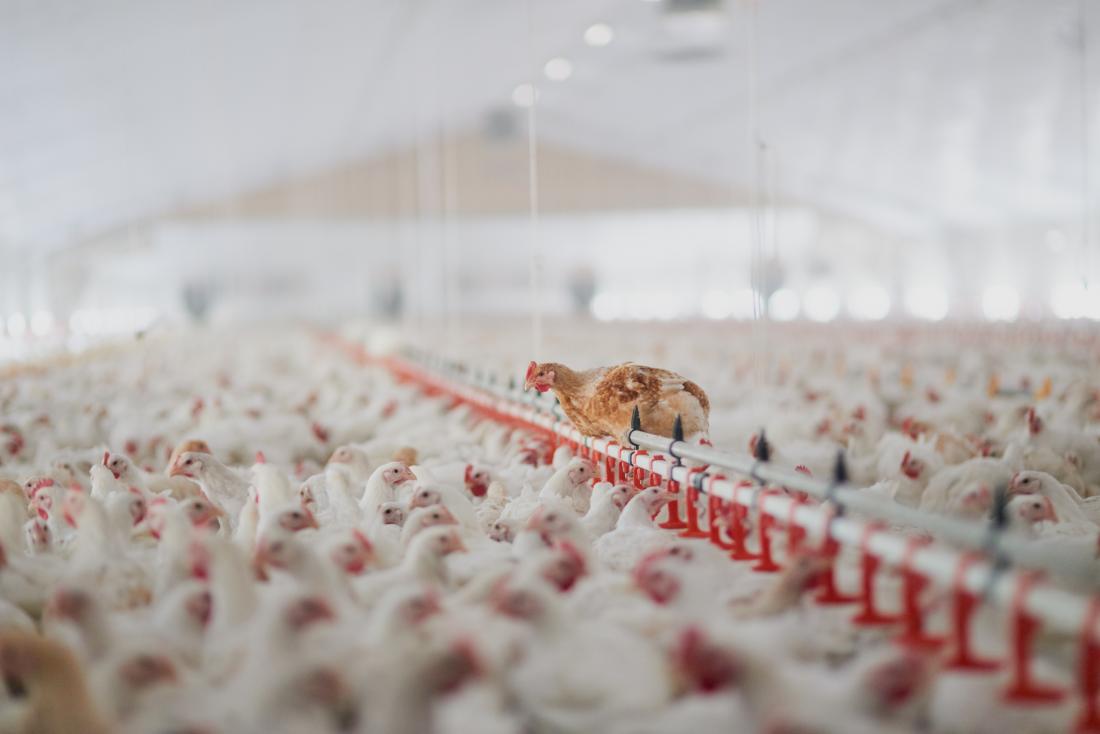Does Antibiotic use in Animals affect Human Health?

Antibiotic resistance is a global public health crisis. In this Spotlight feature, we look at the use of antibiotics in animals and its consequences for human health, covering research presented recently at the London Microbiome Meeting. Antibiotic resistance poses a serious threat to public health, both in the United States and globally.
According to the Centers for Disease Control and Prevention (CDC), antibiotic resistance is responsible for 25,000 annual deaths in the European Union and 23,000 annual deaths in the U.S. As many as 2 million U.S. individuals develop a drug-resistant infection each year. By the year 2050, some researchers predict that antibiotic resistance will cause 10 million deaths every year, surpassing cancer as the leading cause of mortality worldwide.
Some of the factors that have led to this crisis include the overprescription of antibiotics, poor sanitation and hygiene practices in hospitals, and insufficient laboratory tests that can detect an infection quickly and accurately.
An additional factor that may contribute to drug resistance in humans is the overuse of antibiotics in farming and agriculture. Using antibiotics in animals may raise the risk of transmitting drug-resistant bacteria to humans either by direct infection or by transferring "resistance genes from agriculture into human pathogens," researchers caution .
Read More: PM places six proposals before world to stop random use of antibiotics
So, how are antibiotics currently being used in animals, and what might be the implications for human health? At the London Microbiome Meeting, which took place in the United Kingdom, Nicola Evans — a doctoral researcher in structural biology at King's College London — shared some of her insights on these issues.
In her presentation, Evans drew from the work she conducted at the U.K. Parliament, which can be read in full here. In this Spotlight feature, we report on the key findings from her talk.
Global use of antibiotics in animals On a global scale, the U.S. and China are the largest users of antibiotics for food production. According to the Food and Drug Administration (FDA), 80 percent of the total antibiotic use in the U.S. is in agriculture, with pigs and poultry receiving five to 10 times more antibiotics than cows and sheep .
Why are antibiotics used so widely in these animals, however? One answer comes from the demands of the meat industry, which place a strain on the animals' health.
Many people think of microbes as organisms that cause disease, but humans host billions of microbes that are essential to our life. Microbes include bacteria, protozoa, fungi, algae, amoebas, and molds.
Microbes produce compounds that scientists use to develop many of the medicines available today. Over recent years, the growing issue of drug resistance has meant that researchers have needed to explore new frontiers to find alternative drug candidates.
Actinobacteria are microorganisms that are present in both soil and water. In the marine world, they play an essential role in both the recycling of biomaterials and the production of compounds that may have pharmaceutical applications. From land to sea Marine Actinobacteria remain relatively unexplored, but previous studies revealed that these bacteria have the potential to provide future drugs against a wide range of diseases, including cancer, malaria, certain infections, and inflammatory conditions.
Read More: Random antibiotic use can lead to new pandemic, warns WHO envoy
Researchers have concluded that Actinobacteria "produce a different kind of biochemical [substance] with numerous carbon skeletons, which have been found to be the main component interfering with human pathogenesis at different sites." This discovery might lead to the development of new targeted medicines.
A new study featuring in Frontiers in Microbiology reveals that a common species of seaweed called Laminaria ochroleuca, which is a rich source of Actinobacteria, may have antimicrobial and anticancer properties that scientists could use to develop new drugs.



